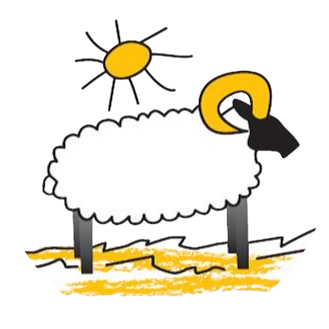
Farsley Westroyd Primary School & Nursery
Geography
Geography Intent
At Farsley Westroyd, our geography curriculum aims to ignite curiosity about the wider world, foster a love for learning, and promote high aspirations. Through engaging lessons that explore diverse places, people, resources, and the interactions between natural and human environments, we strive to instil a sense of awe and wonder about the planet we inhabit.
We aim to cultivate well-rounded individuals by offering experiences that enhance their cultural capital and broaden their understanding of the world. We believe that through exposure to various cultures, environments, and perspectives, our pupils will develop the empathy, knowledge, and skills needed to be active, responsible citizens of both their local community and the global society.
As they progress through their geographical journey, our goal is to foster a comprehensive understanding of the subject that grows alongside their developing geographical skills. We seek to enrich their geographical vocabulary, enabling them to articulate their observations and ideas with confidence. The outcome for all our pupils in geography is that they carry these skills with them beyond their time at Farsley Westroyd, applying their geographical knowledge to everyday life and make meaningful contributions to the world around them.
Subject Strands
The geography curriculum at Farsley Westroyd develops four strands of substantive knowledge (content) alongside a disciplinary knowledge strand, which focuses on how geographers think, work, investigate, and apply geographical concepts. Place Knowledge involves understanding the connection between location and physical or human geography processes through personal experiences. Locational Knowledge includes skills such as naming and locating places and using positioning systems. Environmental, Human, and Physical Geography covers key themes like migration, glaciation, and climate change. Geographical Skills & Fieldwork involve using tools like maps and globes and collecting first-hand evidence. Finally, the Disciplinary Knowledge strand provides insight into how geography experts approach their field of study.
Underpinning our curriculum are our key principles of
ENJOY, ACHIEVE, BELIEVE, TOGETHER
ENJOY
At Farsley Westroyd, our Geography curriculum aims to engage pupils with activities that create an inclusive environment where every learner feels valued. Teachers bring positivity into the classroom so that pupils become hooked on the subject and feel motivated to explore the world around them. By encouraging self-awareness and pride in their learning, pupils develop as active learners who are interested and happy to participate. This sense of inclusion allows them to shine as individuals, fostering a love for Geography that lasts a lifetime.
ACHIEVE
At Farsley Westroyd, achievement in geography involves pupils developing understanding of the world around them to build confident, engaged learners. Pupils explore geographical concepts like maps, regions, and environments, learning to be effective learners. Alongside this knowledge, pupils develop the critical thinking skills which an expert geographer would use. These skills help them analyse geographical data, compare locations and solve real-world problems. Positive learning behaviours such as curiosity and resilience are promoted to enable pupils to overcome challenges and celebrate their successes in understanding geography.
BELIEVE
At Farsley Westroyd, pupils are inspired to explore the world with a sense of purpose. Geography helps them understand different landscapes, cultures and global challenges. Studying current and relevant topics like climate change, ecosystems and human geography, pupils develop the self-motivation to seek solutions to real-world problems. This approach to geography encourages them to see the subject not just as knowledge but as a pathway to becoming a lifelong geographer with aspirations for the future world we live in.
TOGETHER
At Farsley Westroyd, geography learning embraces inclusion and diversity, allowing pupils to celebrate their own heritage and cultures while exploring the diverse landscapes, peoples, and environments of the world. By studying how different communities live, work and interact with their surroundings, pupils develop a deep understanding of the rich cultural and geographical diversity that exists globally. A family approach to learning fosters a sense of belonging, where pupils take pride in themselves, their local geography, and their broader community. This inclusive approach makes geography come alive, reinforcing the importance of global collaboration while fostering pride in their role within the local community and the world.